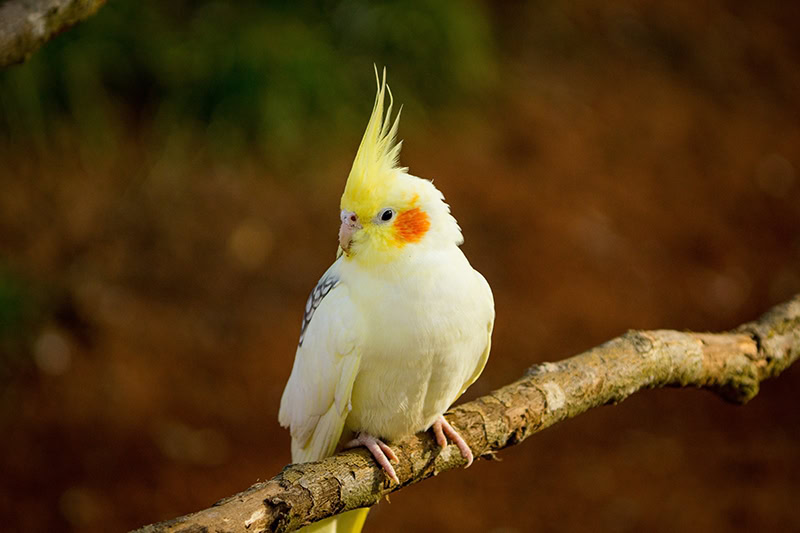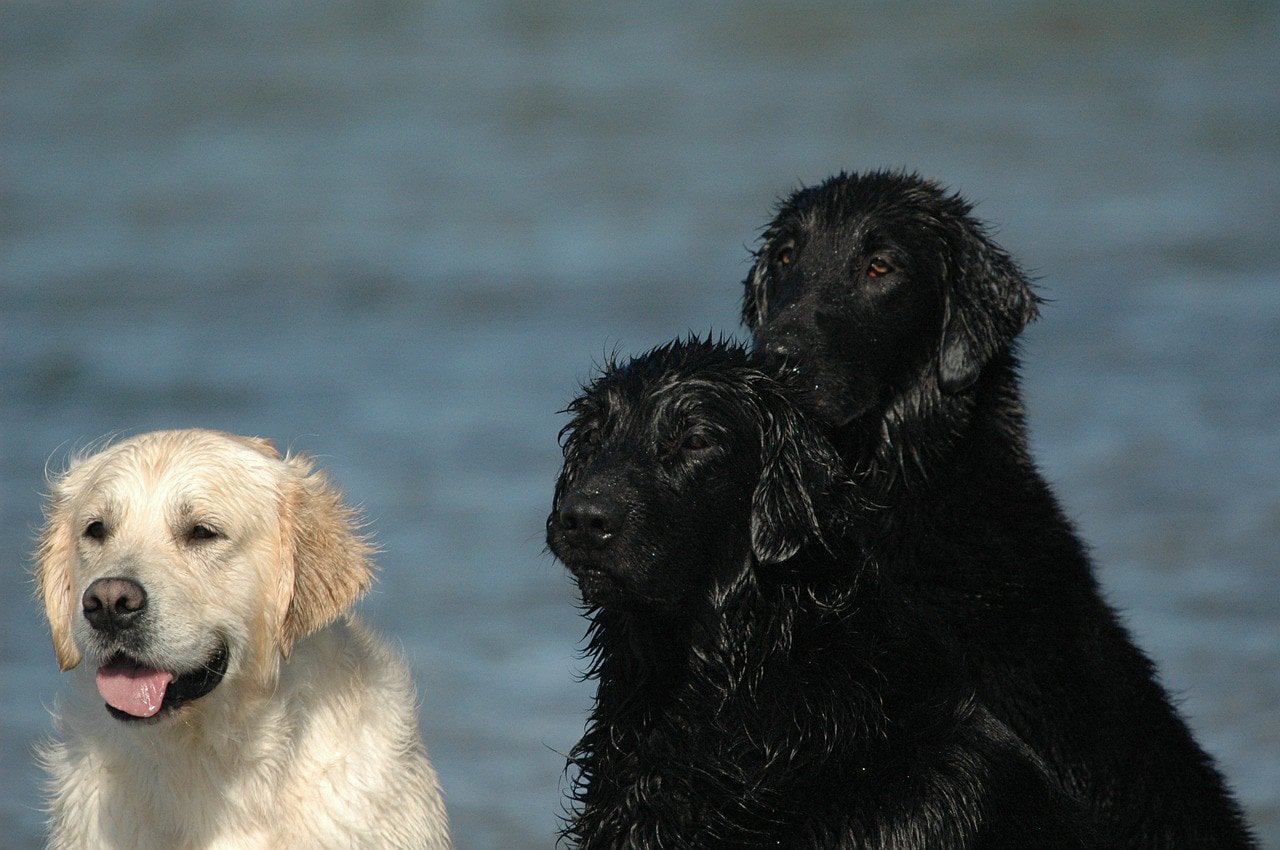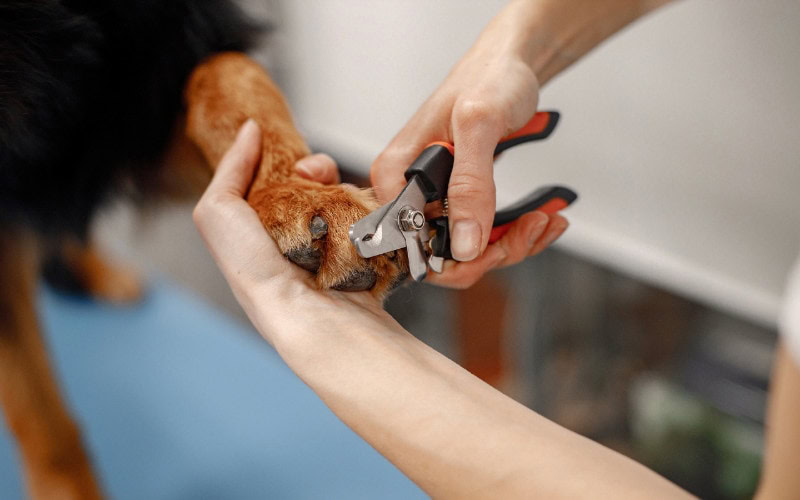Click to Skip Ahead
Domestic birds, such as cockatiels, can suffer from digestive problems, including diarrhea. Most of the time, diarrhea can be caused by a sudden change in your cockatiel’s diet, or it can be your bird’s stressful reaction to a change in the environment.
However, diarrhea can also be a sign of a more severe illness, so you should never underestimate its sudden onset. In any case, you should call your veterinarian, especially if diarrhea persists beyond 24 hours.
If your cockatiel is sick, it’s essential to spot the causes early. In general, it can be challenging to detect diarrhea in birds, as their feces are typically quite watery due to their high urine content. Therefore, you may not immediately notice that your bird is not doing well.
By observing its stool regularly, looking for other signs of discomfort, and receiving the proper veterinary care, you can treat diarrhea and the underlying causes quickly and effectively.

What Are Abnormal Droppings in Cockatiels?
- Feces: Solid brown or greenish part
- Urates: Semi-solid white part
- Urine: Clear, liquid part
A cockatiel with diarrhea will produce liquid feces, which is a mixture of urate and urine. If your bird only has loose droppings for a day, it may just be a sign that something in its food hasn’t settled down well or that it has simply overeaten. In this case, it may not be an emergency. However, if you notice watery stools for more than 24 hours, you must see your vet promptly.
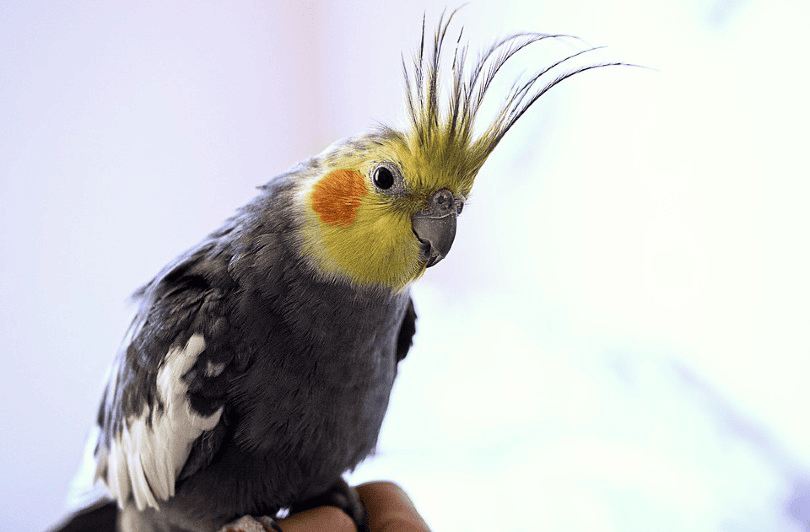
- Important: A distinction must be made between diarrhea and polyuria, characterized by an increase in the urine of the droppings. Polyuria is not always due to disease; it may simply result from eating too many fruits or your cockatiel absorbing large amounts of water.
What Causes Diarrhea in Cockatiels?
Diarrhea and constipation in pet birds are not strictly speaking illnesses; they are signs linked to a more general digestive problem, which may have psychological, nutritional, or pathological origins.
- Stress
- Abrupt change in diet
- Poor quality of food
- Food allergy
- Viral infection
- Bacterial disease
- Tumor
- Inflammation of the liver or pancreas
- Poisoning
- Parasites (like roundworms, tapeworms, protozoa)
Depending on the underlying disease that affected your cockatiel, your veterinarian may recommend various treatments, which can range from changes in diet and the administration of medications and antibiotics to lifestyle or environmental changes.

How to Treat Diarrhea in Cockatiels
It is crucial to treat diarrhea early to prevent severe complications in your cockatiel. After seeing your vet, you will also need to ensure the signs do not return. To do this, follow these recommendations:
1. Observe the Behavior of Your Cockatiel
Monitor your bird’s behavior closely for any other signs of possible illness. For example, the following signs indicate that your cockatiel might be sick:
- Listless and lacking in energy
- No longer chirping
- Doesn’t preen its feathers
- Doesn’t want to eat
- Feathers are ruffled
- Vomits or regurgitates
- Discharge from nostrils and eyes
- Blood in the stools
2. Avoid Sudden Changes in His Diet
Stick to the usual mixture of pellets and seeds. If your vet has recommended a change in diet, make gradual changes to give your cockatiel time to get used to it. Do not serve fresh food such as vegetables and fruit when diarrhea is present. Also, depending on your vet’s directions, you may want to consider giving your cockatiel probiotics, which will strengthen its digestive system.
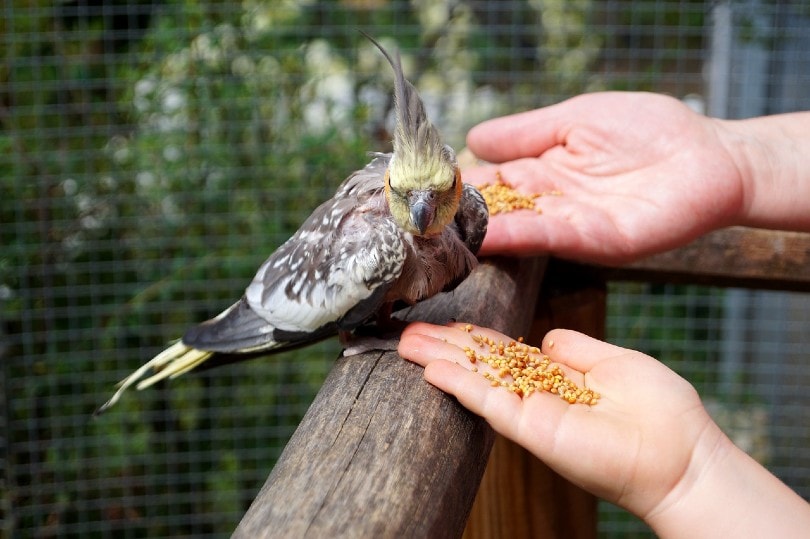
3. Provide Your Cockatiel with Fresh, Clean Water Every Day
Make sure your cockatiel is drinking enough. Diarrhea can lead to dehydration, which can be serious if not treated in time. If your bird is curled up in the back of its cage, not drinking, and showing significant listlessness, seek emergency advice from your veterinarian. After carrying out additional examinations, they will set up a protocol for rehydration and drug treatment.
4. Eliminate Potential Sources of Stress
Place your cockatiel in a warm, quiet room away from the noise of your home.
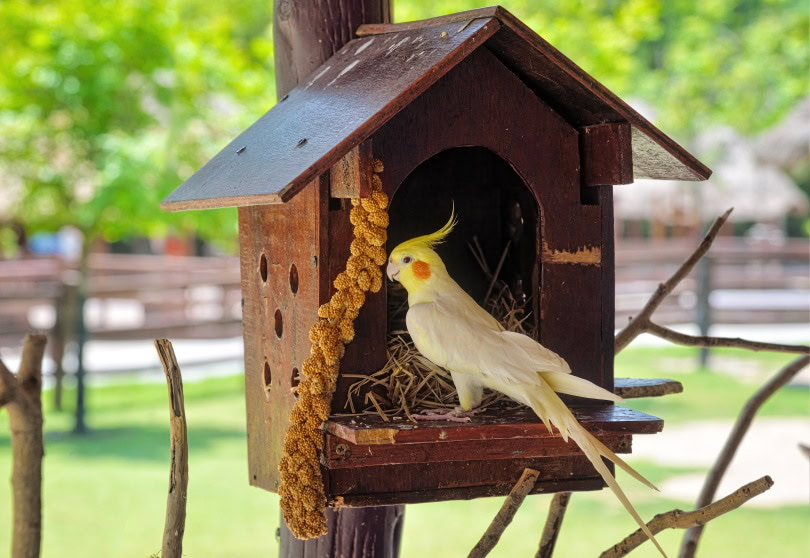
5. Do Daily Cleanings of Your Bird’s Cage and Accessories
To prevent the proliferation of bacteria, wash the cage and accessories (toys, bowls, perch, etc.) in hot soapy water. Then, rinse everything thoroughly with clean water and let it dry completely before replacing the accessories.
If you're trying to find an enzyme cleaner that does it all, we highly recommend our favorite cleaner, the Hepper Advanced Bio-Enzyme Pet Stain & Odor Eliminator Spray. It permanently removes the very worst stains and smells you can imagine and makes clean up a breeze. There's even a 100% satisfaction guarantee! Click here to order a bottle today. At PangoVet, we’ve admired Hepper for many years, and decided to take a controlling ownership interest so that we could benefit from the outstanding products of this cool cat company!
Rating
Image
Product
Details

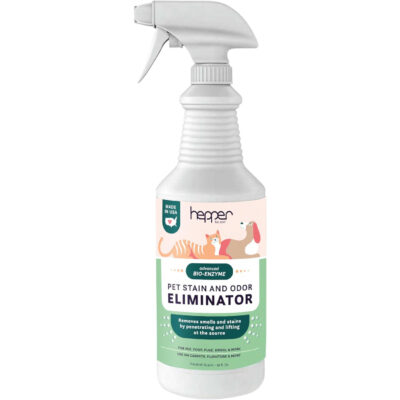
Hepper Advanced Bio-Enzyme Pet Stain & Odor Eliminator Spray
CHECK PRICE

Is Cockatiel Poop Toxic to Humans?
The health of your bird is important to you, but so is yours. Is it possible to contract a disease transmitted by the feces of your cockatiel? Yes, but fortunately, it is not common; this disease is called psittacosis.
What is psittacosis?
Psittacosis is an infectious disease caused by a microorganism called Chlamydia psittaci. Its symptoms are similar to those of the flu, but they are generally benign.
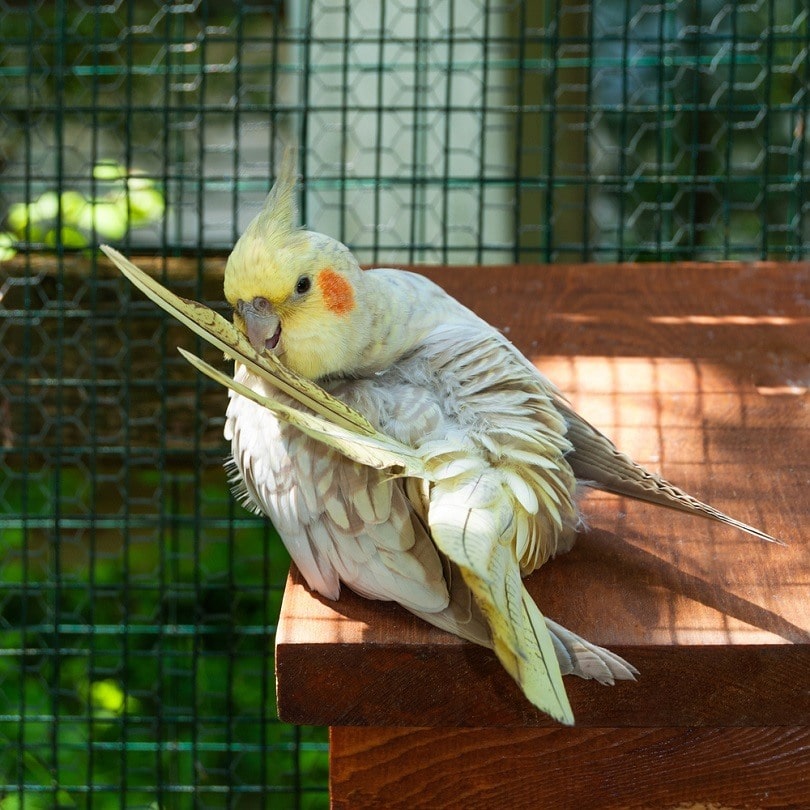
What are the signs of infection in birds?
Birds that can contract the infection include parrots, cockatiels, parakeets, macaws, canaries, pigeons, chickens, ducks, and turkeys. Infected birds show the following signs:
- Drowsiness
- Tremors
- Weightloss
- Difficulty breathing
- Diarrhea
In domestic birds, the infection may be latent; an infected bird may appear healthy and have no signs for some time. However, the bacteria are excreted in the infected birds’ droppings or nasal secretions, and the birds can transmit the disease for several months.
Cockatiels are generally healthy birds, but when something goes wrong, you need a resource you can trust. We recommend The Ultimate Guide to Cockatiels, an excellent illustrated guide available on Amazon.
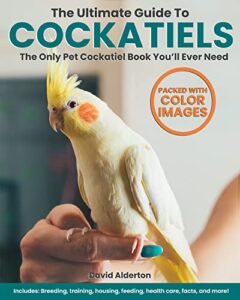
This detailed book can help you care for your cockatiel through injuries and illnesses, and it also offers helpful tips on keeping your bird happy and healthy. You’ll also find information on everything from color mutations to safe housing, feeding, and breeding.
What are the signs of infection in humans?
The infection varies in severity, ranging from a mild flu-like illness to acute pneumonia. Usually, symptoms appear four to 15 days after exposure to the bacteria.
- Fevers
- Shivering
- Cough
- Fatigue
- Vomiting
- Headache
In rare cases, the disease can lead to death. In mild cases, the fever sometimes lasts for 3 weeks or more.
How do you recognize and treat psittacosis?
To properly diagnose psittacosis, your doctor must know that your cockatiel has been infected with Chlamydia psittaci. The bacteria can be identified, and laboratory tests can recognize signs of infection. Also, this disease responds well to specific drug treatment with antibiotics.


Final Thoughts
In short, if you follow our recommendations, in addition to treatment and advice from your veterinarian, you should be able to avoid recurring diarrhea. Ensuring your cockatiel lives in a clean environment and eats a balanced diet is vital. Keep the habitat clean at all times and serve top-quality food. Avoid sudden changes so as not to unnecessarily stress your pet bird, and remove any toxic materials that may be ingested.
See also:
- Diarrhea in Conures: Here’s What to Do (Step-By-Step Guide)
- 10 Common Diseases of Cockatiels – Our Vet Answers
Featured Image Credit by: Marlon Roth, Shutterstock
